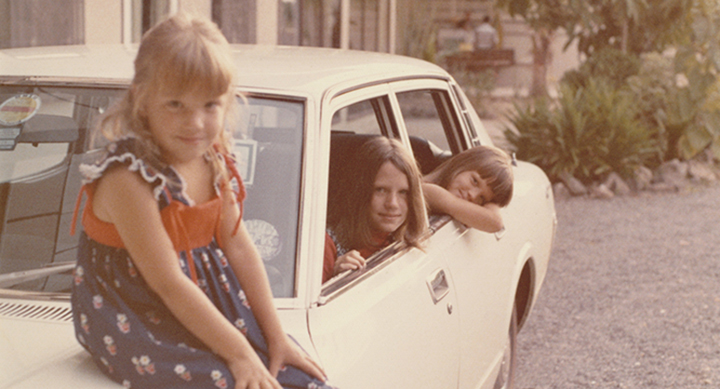Ladies, girls, sheilas – the names females are given

A chance remark the other day led me to wondering about the names that females are given. We can fairly accurately tell the dictionary meaning of the words we use but it’s the connotations – the emotions and feelings we bring to words – that interested me.
A similar range of words exist for men, but I’ve not been on the receiving end of them. And of course, there are many derogatory and demeaning words towards females, but that’s a whole other study.
What I’m interested in is the words we use in everyday life.
‘Lady’ is a title on its own as part of the aristocracy. It might be a good thing to be Lady Mary, but it’s not a good thing to be Lady Muck. The Oxford dictionary defines it as a ‘gentlewoman’. For me that has connotations of good breeding and poverty and I think few women in Australia would describe themselves as a ‘gentlewoman’, though the term ‘gentleman’ is used positively. Another usage for lady is that it is used ‘courteously for woman’. And that, I think, is probably its most common usage in Australia. Using the term ‘lady’ is showing respect to that person. For example “Would you ladies mind moving to another part of the café?”, is going to get a much better response than using ‘women’ ‘girls’ ‘sheilas’ would.
‘Woman’ according to the Oxford is an ‘adult human female’. And that’s what’s both right and wrong with the word. It’s matter of fact, accurate. It’s what we are. It’s also a bit brusque in everyday language. But used in common phrases ‘women’s rights’ ‘women’s lib’ it has great powers of association and ideas.
Most of my friends are over 60. I love to lunch with ‘the girls’. When I come home my husband asks, “How are the girls?” It’s a term of great affection. We know we’re no longer girls physically and we’ve taken a few knocks through life. But get us laughing and gossiping over lunch, and the carefree girls we once were bubble to the surface.
In the workplace terminology is important. As I walked into a room one day my younger male supervisor said, “Ah. Just the girl I want to see”. He then collapsed into confusion and embarrassment at his use of the word ‘girl’. Perhaps it wasn’t appropriate, but it was funny. We had a good working relationship and there was no need for his discomfort.
My two adult daughters are still ‘my girls’.
You don’t often hear the term ‘girlie’ today though my grandfather always finished his letters to me with “Well, girlie, that’s all”. Mind you I was a girl back then.
‘Like a girl’ can be used in a derogatory way meaning to do something in an overdramatic way. There is a wonderful little video ‘Like a Girl’ which by July 5 this year has had nearly 48 million hits. It counteracts this perception that it’s a bad thing to do something ‘Like A Girl’. Watch it below:
‘Sheila’ is a wonderful Australian usage of the girls’ name ‘Sheila’. It’s usually applied to younger women, but it seems to denote an open-hearted, free-spirited young woman. It apparently stems from the large numbers of Irish immigrant women who came to the colonies in the early days. I have two wonderful friends called Sheila.
Well, this has been a musing from one ‘old girl’.
What do you prefer to be called? What do you think is the best and worst thing to call a woman or does it depend on the context? Share your thoughts below.









 Proudly Australian owned and operated
Proudly Australian owned and operated